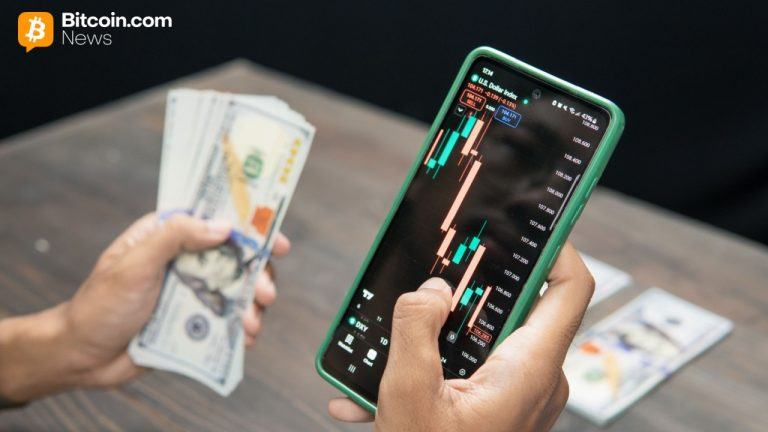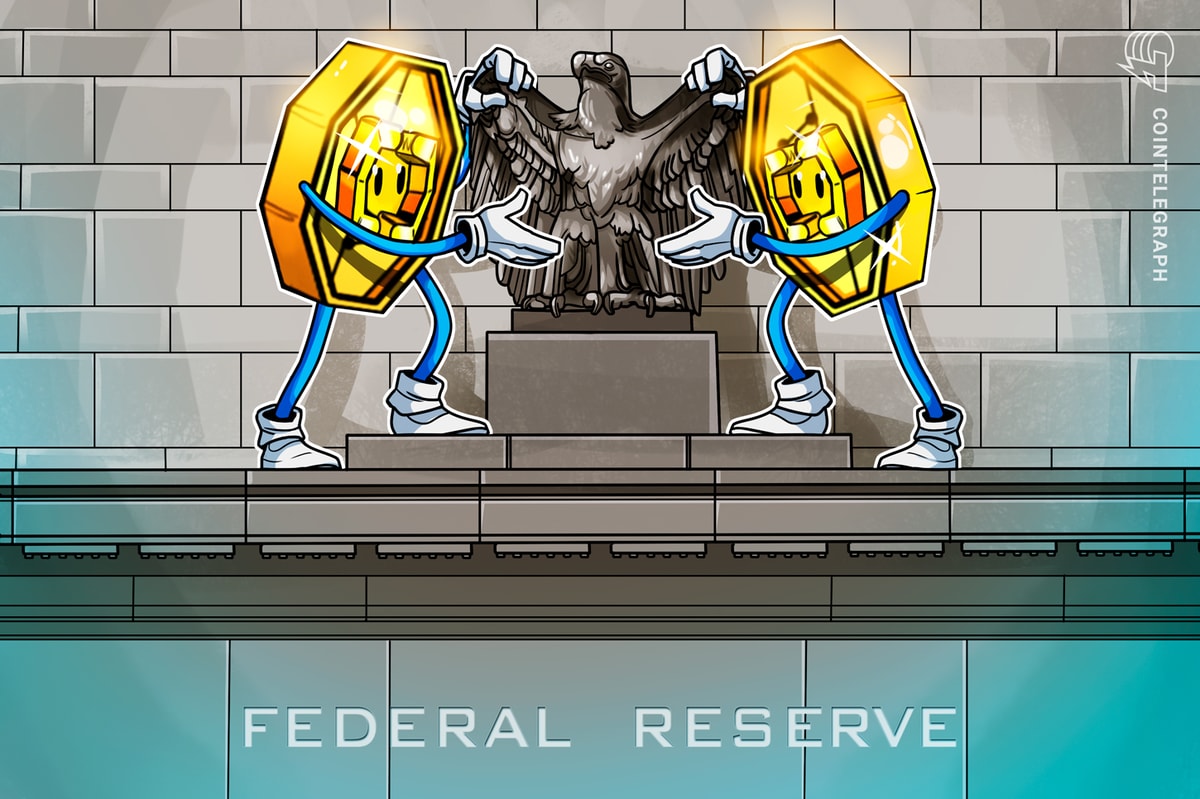Reconciliation bill provides two week window for muni agenda
3 min readThe exclusion of the muni industry’s top priorities in the bipartisan infrastructure package has set up a two-week battle for lobbyists and industry advocates to include advance refunding, a bank-qualified expansion, and a direct-pay bond program in the upcoming reconciliation bill.
“It continues to be a procedural fight at this point,” Brett Bolton, vice president and head of government and industry relations at the Bond Dealers of America said.
But the outcome of this fight may very well be entirely in Democrats’ hands.
With such tight margins in the House and Senate, lawmakers don’t want to introduce tumultuous legislation that could shift votes in either direction, leading many to believe that this reconciliation bill will be largely built out in the House. The Democrats have the Senate majority only due to the ability of Vice President Kamala Harris to cast tiebreaking votes in that chamber.
“The numbers are going to have to come down off of $3.5 trillion to pass either chamber, but I don’t know how leadership can keep the caucus in line for a conference type bill,” Bolton said.
That’s good news for the municipal bond industry, as the House contains many influential friends of the industry who have advocated for muni priorities in the past. Reps. Richard Neal, D-Mass., Terri Sewell, D- Ala.,Dan Kildee, D-Mich., and and Gwen Moore, D-Wisc., will all have their opportunity to chime in. And just recently the House set up tentative markups for legislation that had yet to exist before, Bolton said.
The price tag is still of concern to many on both sides of the aisle and could set up further issues for including these muni provisions down the line.
In a way, the question becomes “how much can your more moderate Democrats support,” Emily Brock, director of the federal liaison center at Government Finance Officers Association said. “I don’t think the Dems really need to bend to their wishes but their votes definitely matter.”
But first, the priority is to get the advance refunding, direct-pay bond program and small borrowers provisions into the reconciliation bill. The next two weeks will prove crucial. House Speaker Nancy Pelosi has issued a schedule for the upcoming weeks, and the Ways and Means Committee is set to mark up the tax provisions by Sept. 9, giving the industry an indication of where these issues are. Passing the bill is further down the line.
The small borrowers provision is also known as lifting the cap on bank-qualified debt. Current tax law allows issuers to sell certain debt designated as bank-qualified to banks on favorable terms, but only issuers that issue $10 million or less in the calendar year can do so.
Muni groups have long advocated for raising the limit to at least the temporary $30 million cap that existed briefly during the Obama administration, as it would allow more efficient issuance by small issuers while attracting more bank involvement in the market.
The industry doesn’t expect the reconciliation bill to pass until after the bipartisan infrastructure bill passes the House. Pelosi has set a Sept. 27 deadline.
The muni market already chalked up a few minor wins with the $1.2 trillion bipartisan infrastructure clearing the Senate, namely, expanding PAB eligibility for broadband and carbon capture projects, as well as a provision for expanding the cap on surface transportation PABs.
Pelosi has exeted considerable political capital to ensure that the process follows her plan of moving the bipartisan and reconciliation bills through through Congress together, testing her fortitude as a leader.
A group of moderate House Democrats had threatened that plan, preferring to pass the bipartisan bill immediately. The group was poised to deny passage of the budget resolution that makes the reconciliation bill possible, but Pelosi was able to placate them by setting the deadline to vote on the bipartisan package.







